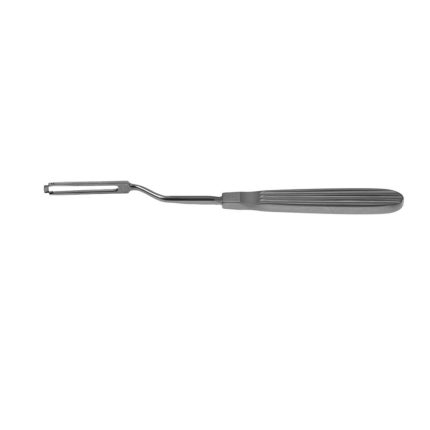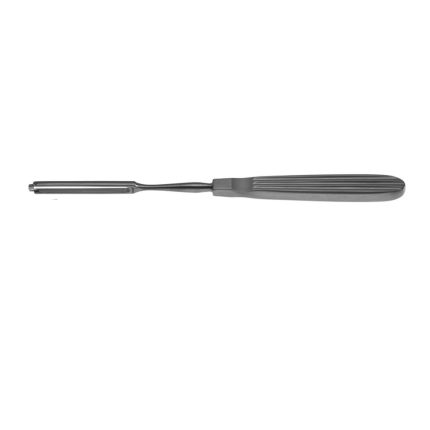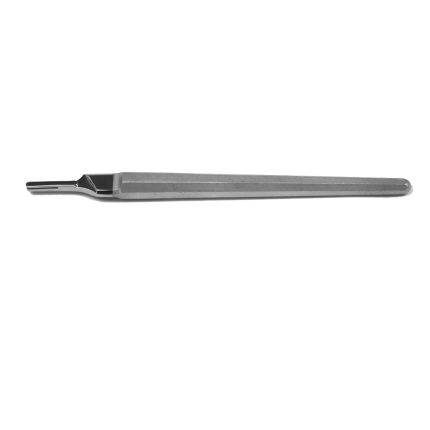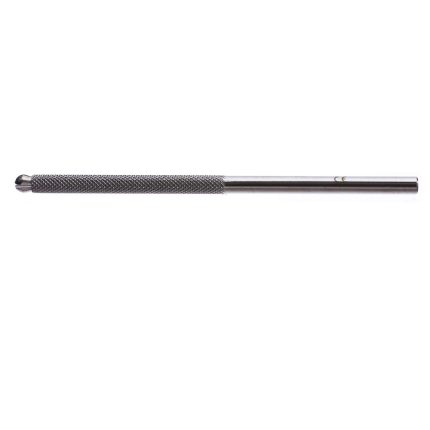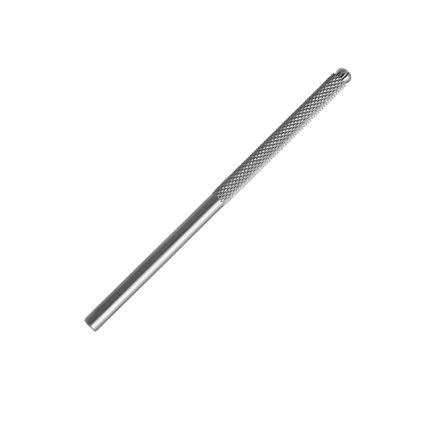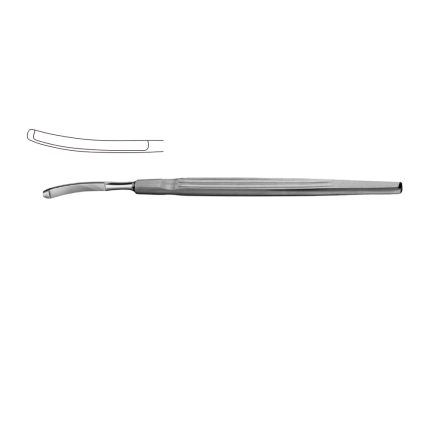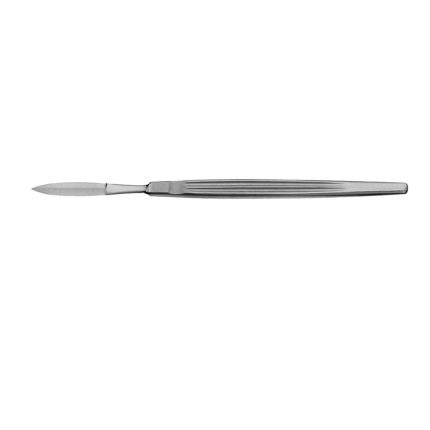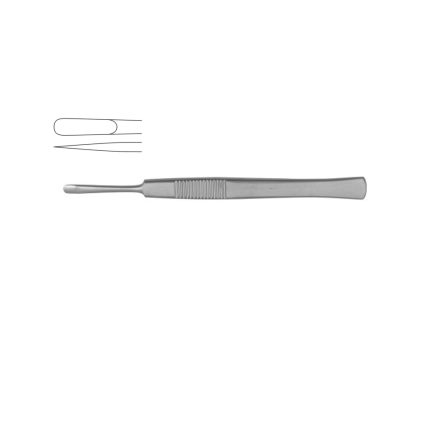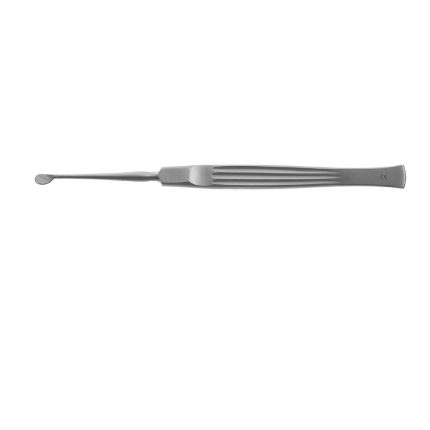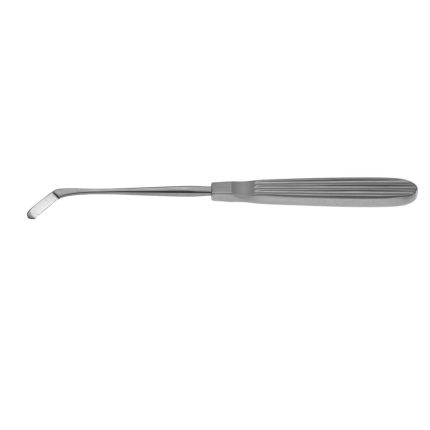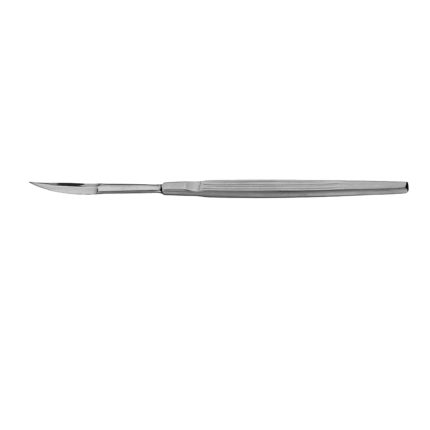ADMIRE SURGICAL ’s Scalpel Handles and Knives in Surgical Instruments
Surgical instruments are precision tools that play a vital role in modern medicine, enabling surgeons to perform intricate procedures with utmost precision and care. Among these instruments, scalpel handles and knives hold a prominent place, serving as essential tools in various surgical applications.
Scalpel Handles:
Scalpel handles are designed to hold and manipulate surgical blades with precision and control. They come in various shapes and sizes to accommodate different surgical needs. Here are some key aspects of scalpel handles:
- Material: Scalpel handles are typically made from stainless steel, which is resistant to corrosion and can be sterilized easily. Some handles may also have ergonomic grips made of materials like silicone to provide comfort during long surgeries.
- Design: The design of a scalpel handle is crucial for the surgeon’s comfort and control. Most handles are designed with a textured surface or finger grips to prevent slipping during use.
- Size: Scalpel handles come in different sizes to accommodate various blade sizes. They are often color-coded or marked to match specific blade sizes, ensuring the right blade is used for a particular procedure.
Surgical Knives:
Surgical knives are the cutting edge of surgical instruments, quite literally. They come in various shapes and sizes, each designed for a specific purpose. Here are some common types of surgical knives:
- Scalpel Blades: Scalpel blades are sharp, precision-cutting instruments used for making precise incisions. They are available in different shapes, including straight, curved, and hooked blades, each tailored to specific surgical requirements.
- Safety Scalpels: These knives have a retractable blade mechanism to minimize the risk of accidental cuts, providing added safety for both the surgeon and the patient.
- Histology Blades: These blades are ultra-thin and razor-sharp, specifically designed for the delicate slicing of tissue samples for pathology and histology studies.
Ballenger Swivel Knife – Bayonet
- Large hollow handle for forcible and controlled manipulations.
- Bayonet shaft for optimal visualization of the working end.
- A rotating blade that swivels for ideal surgical control.
- Several sizes are available to suit different patient types.
Ballenger Swivel Knife – Straight
- Large hollow handle for forcible and controlled manipulations.
- Bayonet shaft for optimal visualization of the working end.
- A rotating blade that swivels for ideal surgical control.
- Several sizes are available to suit different patient types.
Beaver Scalpel Handle for Micro Blades
- Micro-Slot for Holding Scalpel Blades with Safety.
- Knurled Grip Style Pattern Ensuring Strong Gripping.
- Ergonomic Solid Handle for Controlled Incision Performance
Converse Rhinoplastic Knife
- Serrated flat handle for a confident non-slip grip.
- Slender neck to pass easily in narrow anatomical spaces.
- Curved blade for optimal surgical access into nasal cavities.
Cottle Double Edged Knife Straight
- Serrated flat handle for non-slip grasps.
- Slender neck for optimal surgical access in narrow spaces.
- Premium stainless steel materials for a reliable service.
Cottle Rhinoplasty Knife
- Serrated flat handle for non-slip grasps.
- Slender neck for optimal surgical access in narrow spaces.
- Premium stainless-steel materials for a reliable service.
Fomon Rhinoplasty Knife
- Serrated flat handle for confident non-slip grasps.
- Slender neck to facilitate surgical access in narrow cavities.
- Two cutting edges for convenience and efficiency.
Freer Mucosa Knife
- Flat Handle To Guarantee Non-slip Grips.
- Slender Shafts To Reach Deep Spaces.
- Premium Grade Stainless Steel For Reliable Service.
Freer Septum Knife
- Long handle to facilitate controlled movements.
- Slender shaft for easy surgical access.
- Several blade profiles to customize your approach.

